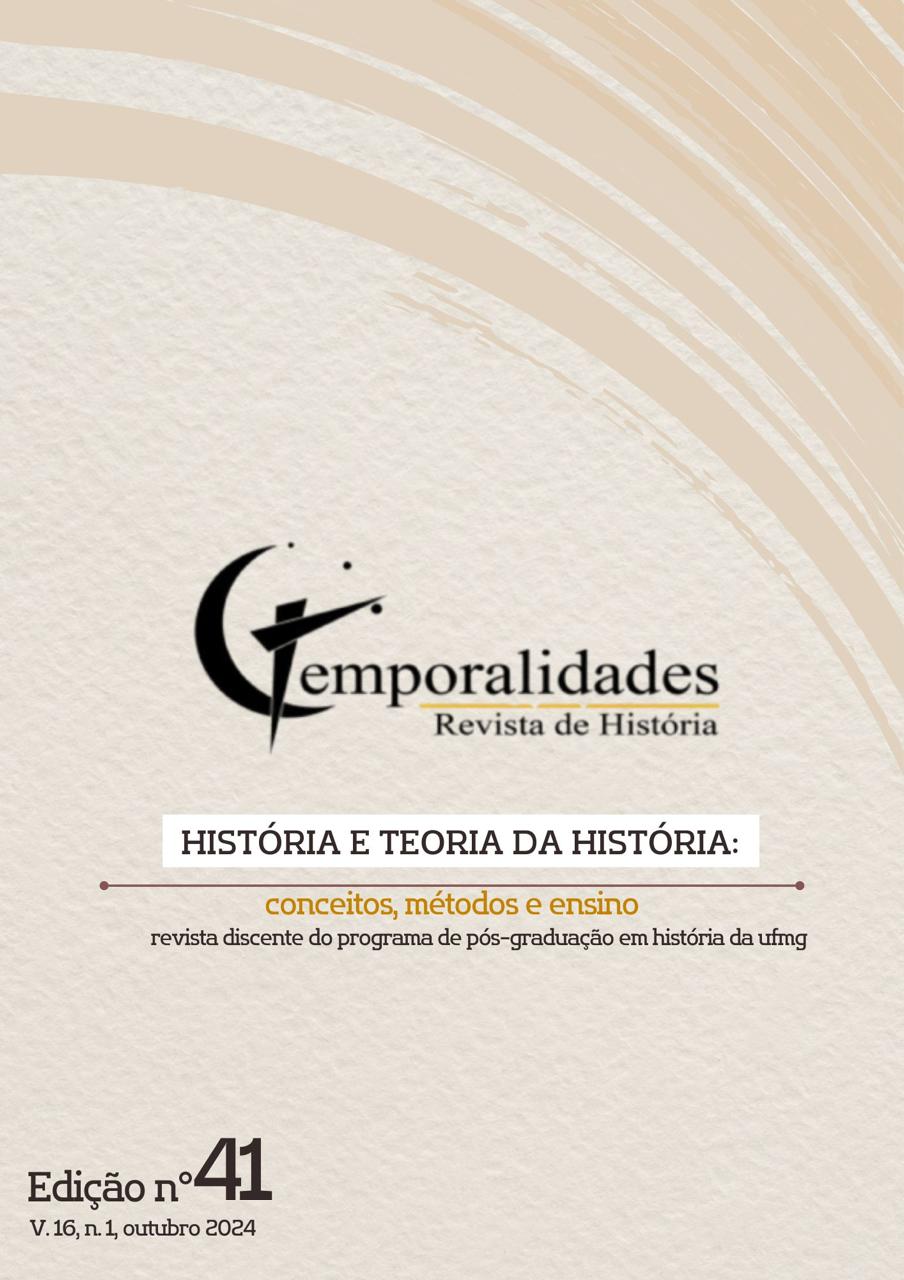Healthy prescriptions
social and moral control of menopausal women in nineteenth-century Brazil
Abstract
The present article analyzes the thesis titled Considerations Regarding the Critical Age of Women (1849), by Jose Luiz Cardozo, a student at the Faculty of Medicine of Rio de Janeiro. Cardozo's study delves into the "critical age" of women, associated with menopause, examining the medical and social implications of this phase in a woman's life. The doctor describes the physical and emotional changes experienced during puberty and climacteric, while also providing medical and behavioral recommendations for women to cope with the cessation of their reproductive years. This work seeks to highlight how 19th-century medicine pathologized the female experience, limiting women's autonomy and contributing to the construction of gender stereotypes. The objective is to identify factors that prescribed certain behaviors to older women, aiming to establish control over their conduct and shape a particular moral code to be followed once their procreative functions ceased.
Downloads
Downloads
Published
Issue
Section
License
Copyright (c) 2024 Caroline Ivanski Langer, Natalia Piccoli

This work is licensed under a Creative Commons Attribution 4.0 International License.
O(A) autor(a), para fins de submissão à revista Temporalidades, deve declarar que o trabalho aqui submetido é de autoria do mesmo e nunca foi publicado em qualquer meio, seja ele impresso ou digital.
O(A) autor(a) também declara estar ciente das seguintes questões:
Os direitos autorais para artigos publicados na Temporalidades são do autor, com direitos de primeira publicação para o periódico;
Em virtude de aparecerem nesta revista de acesso público, os artigos são de uso gratuito;
A revista permitirá o uso dos trabalhos publicados para fins não-comerciais, incluindo direito de enviar o trabalho para bases de dados de acesso público.
A Temporalidades adota a licença internacional Creative Commons 4.0 (CC BY).







